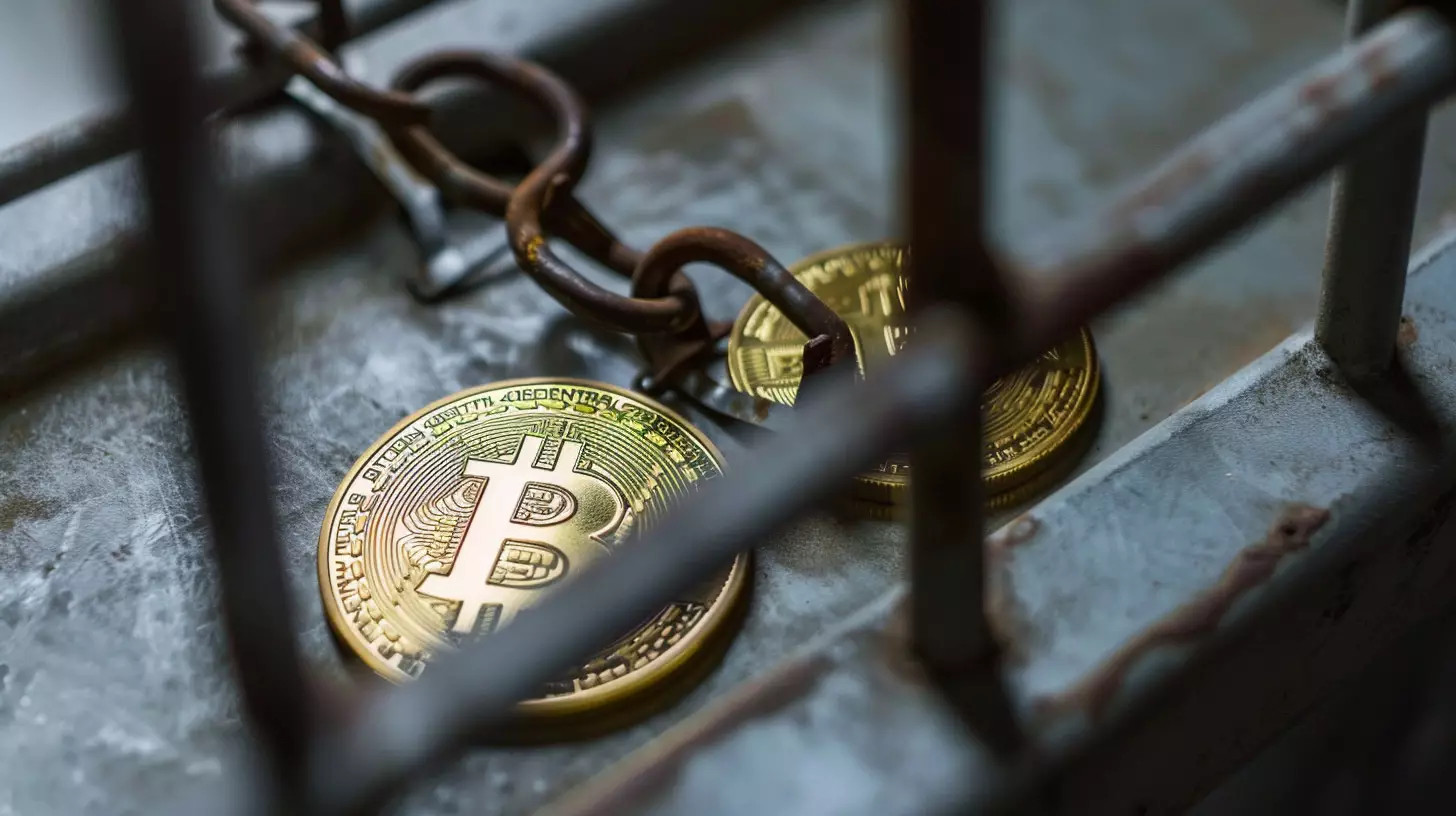The recent news of Alexander Vinnik, a Russian national and operator of the cryptocurrency exchange BTC-e, pleading guilty to charges of money laundering conspiracy in the US has once again brought to light the issue of illegal activities within the crypto world. Vinnik’s involvement with BTC-e, one of the largest crypto exchanges between 2011 and 2017, sheds light on the extent of criminal activity that took place within the platform. With transactions worth $9 billion and a customer base of over 1 million worldwide, BTC-e was allegedly used by cyber criminals to transfer, launder, and store criminal proceeds from illegal activities such as hacking, ransomware, and narcotics distribution.
According to prosecutors, BTC-e did not have a vetting system in place, allowing criminals to convert illicit cash into cryptocurrencies like Bitcoin anonymously. The exchange was even found to have handled Bitcoin traced to a Russian military intelligence hacking unit responsible for releasing Democrats’ emails during the 2016 U.S. elections, aiming to sway votes. This revelation raises concerns about the lack of regulation and oversight in the cryptocurrency market, leading to increased scrutiny and regulatory action against fraud cases in the US.
The case of Alexander Vinnik is not an isolated incident in the world of cryptocurrency. Other prominent figures in the industry have also faced legal consequences for their involvement in fraudulent activities. Sam Bankman-Fried, co-founder of the now-defunct crypto exchange FTX, was sentenced to 24 years in prison for orchestrating a multi-billion dollar fraud scheme. Do Kwon, the founder of Terraform Labs, was found liable for fraud in a civil case, resulting in the collapse of Terraform Labs and wiping out $40 billion from the market in 2022.
More recently, Changpeng Zhao (CZ), the founder of Binance, faced legal repercussions for failures that allowed illicit activities, including criminal and terrorist financing, to occur on the platform. CZ was sentenced to four months in prison, while Binance paid a hefty fine and agreed to be monitored. These cases highlight the urgent need for stricter regulations and oversight in the cryptocurrency market to prevent further instances of money laundering, fraud, and illegal activities.
The cryptocurrency market is not immune to criminal activities, as seen in the cases of Alexander Vinnik, Sam Bankman-Fried, Do Kwon, and Changpeng Zhao. These high-profile cases underline the importance of regulatory action and increased oversight to protect investors and combat illicit activities within the crypto world. Investors and users must exercise caution and due diligence while engaging in cryptocurrency transactions to avoid becoming victims of fraud and money laundering schemes.

